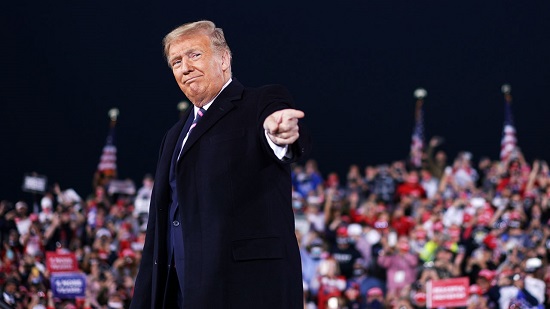This post has already been read 1800 times!
Two Republicans joined Democrats in opposing Judy Shelton, a strident critic of the central bank who has faced an unprecedented public wave of resistance from dozens of well-known economists and Nobel laureates.
Vice President-elect and Senator Kamala Harris returned to Washington to cast the tie-breaking vote, interrupting planning for President-elect Joe Biden’s administration.
However, Senate Republican leader Mitch McConnell also voted no making the final tally 50-47, likely a strategic move which leaves the door open for him to call for another vote.
Covid-19 complicated the voting, as two Republican senators were unable to vote because they were in quarantine, including Chuck Grassley of Iowa — who missed a vote for the first time since 1993.
A third Republican who was absent publicly opposed Shelton’s nomination.
Shelton was an outspoken supporter of low interest rates when President Barack Obama was in office.
Her nomination was one of several Trump made that would have undermined the political independence of the US central bank.
“We need a reliable Federal Reserve to help manage our economy in this pandemic. Judy Shelton’s dangerous ideas would devastate our economy, and her lack of commitment to using the full force of the Fed to provide COVID-19 relief is unacceptable,” Harris said on Twitter after the vote.
Shelton also has expressed support for returning to the gold standard — where the currency is tied to a fixed quantity of gold — believing that such a system would guarantee stability for exchange rates.
However, a return to the gold standard is viewed as unrealistic and outdated by the majority of economists — it was abandoned in 1971 by President Richard Nixon.
Fed nominations are always bipartisan, but Senator Chuck Schumer, the top Democrat in the upper chamber, lambasted Shelton as supremely unfit for the position.
She is “without a doubt one of the most unqualified nominees I have ever seen for our nation’s central bank,” he said on the Senate floor, criticizing her as an “economic weather vane pointing whichever way she thinks the partisan winds are blowing.”



